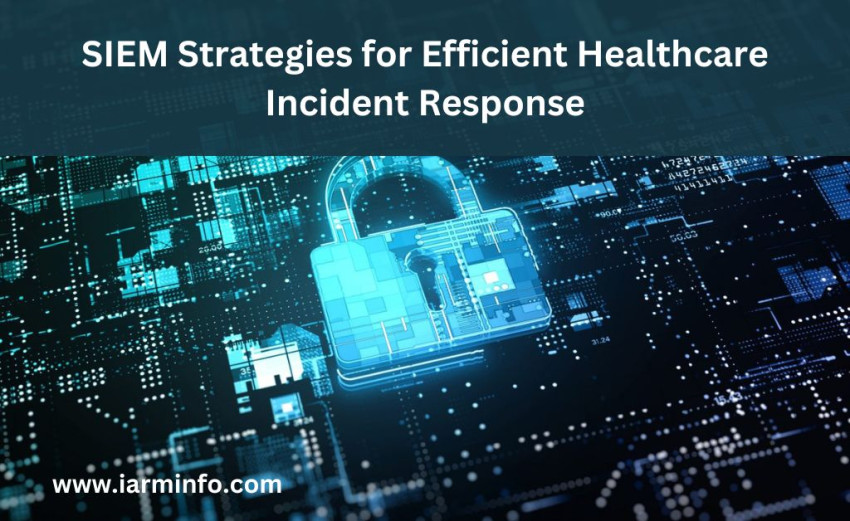
In the fast-paced world of healthcare, where data security is paramount, having a robust Security Information and Event Management (SIEM) service is crucial. SIEM solutions play a pivotal role in monitoring, detecting, and responding to cybersecurity incidents. In this blog post, we will explore how a reliable SIEM service, particularly one built on the foundation of an open-source platform like Wazuh, can significantly enhance incident response strategies in the healthcare sector.
1. Real-time Threat Detection
A SIEM service acts as a vigilant guardian, constantly monitoring the vast sea of digital information flowing through healthcare systems. It swiftly detects anomalies, unusual patterns, and potential threats. This real-time threat detection capability ensures that any suspicious activity is identified promptly, allowing healthcare organizations to take immediate action to safeguard sensitive patient data.
2. Centralized Log Management
In a healthcare environment, diverse systems and applications generate an enormous amount of logs. A SIEM solution consolidates these logs into a centralized platform, offering a unified view of the entire IT infrastructure. This not only simplifies the monitoring process but also enables quicker identification of security incidents. With an open-source SIEM solution like Wazuh, healthcare providers can achieve this centralized log management without breaking the bank.
3. Customizable Alerting Mechanisms
One size doesn't fit all when it comes to incident response. SIEM services allow healthcare organizations to set up customizable alerting mechanisms based on their specific needs. Whether it's a potential data breach or a suspicious login attempt, the SIEM solution can be tailored to send alerts to the right personnel. This customization ensures that the incident response team is promptly informed, facilitating a swift and targeted response.
4. Integration with Existing Security Infrastructure
Healthcare organizations often invest in various security tools to create a multi-layered defense against cyber threats. A SIEM service can seamlessly integrate with these existing security solutions. This interoperability ensures that the healthcare IT ecosystem operates cohesively, enhancing the overall security posture. Open-source SIEM solutions, such as the one built on Wazuh, provide the flexibility needed for smooth integrations.
5. Compliance Adherence
Adhering to healthcare industry regulations and standards is non-negotiable. A robust SIEM service aids in compliance by providing detailed logs and reports, which can be crucial during audits. This not only helps healthcare providers meet regulatory requirements but also demonstrates a commitment to safeguarding patient information.
In conclusion, a reliable SIEM service, especially one built on an open-source platform like Wazuh, is a cornerstone for efficient incident response in the healthcare sector. Its real-time threat detection, centralized log management, customizable alerting mechanisms, seamless integration capabilities, and support for regulatory compliance make it an invaluable asset for healthcare organizations looking to fortify their cybersecurity defenses. Implementing a robust SIEM strategy ensures that healthcare providers can focus on what matters most – delivering quality care while keeping patient data safe and secure.





